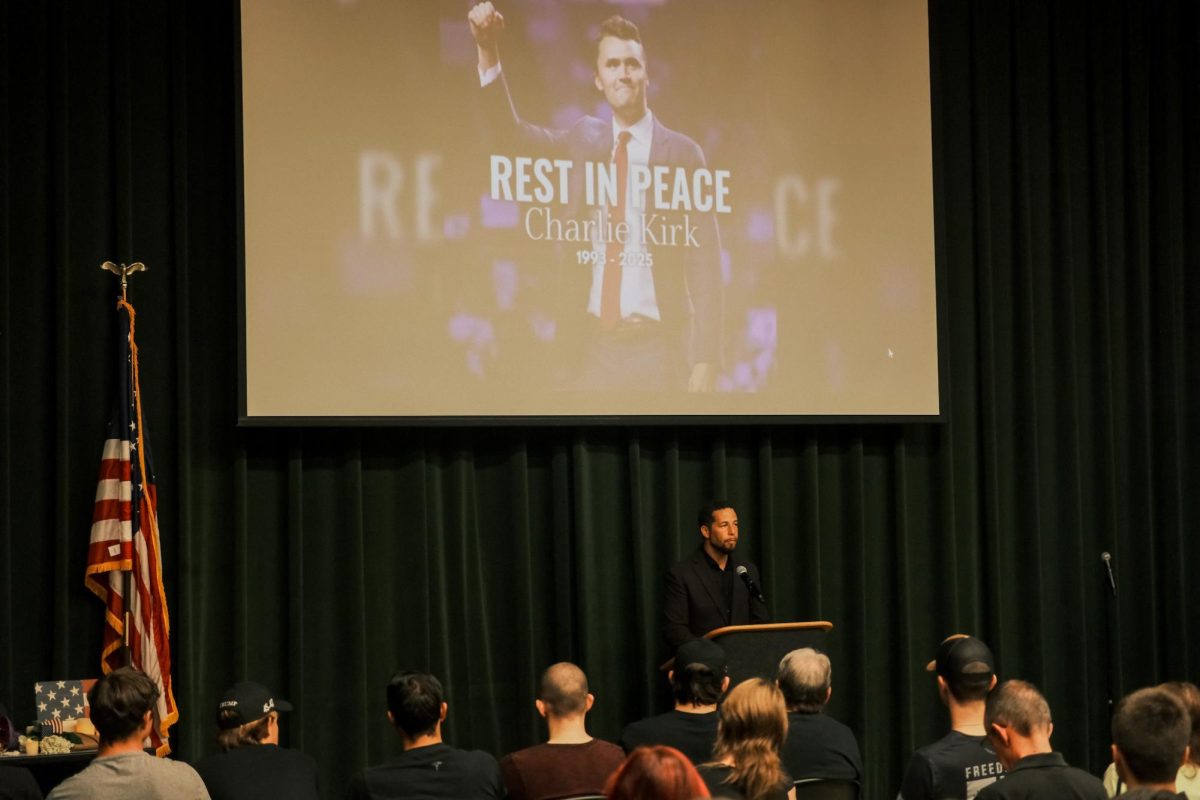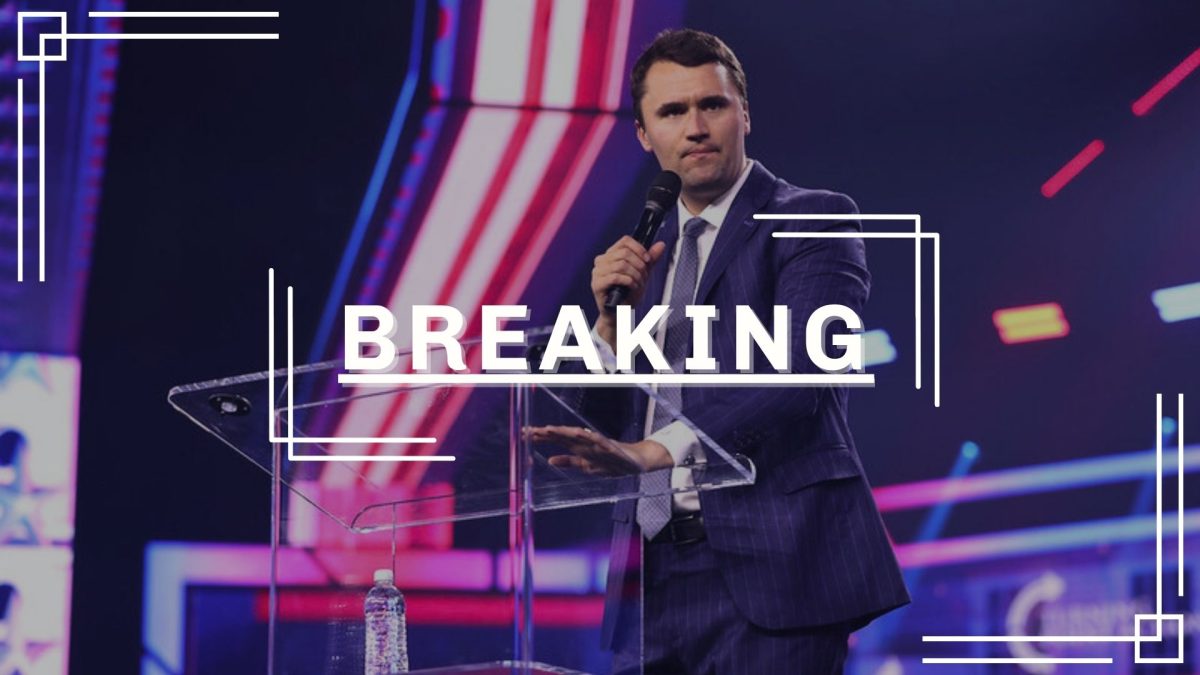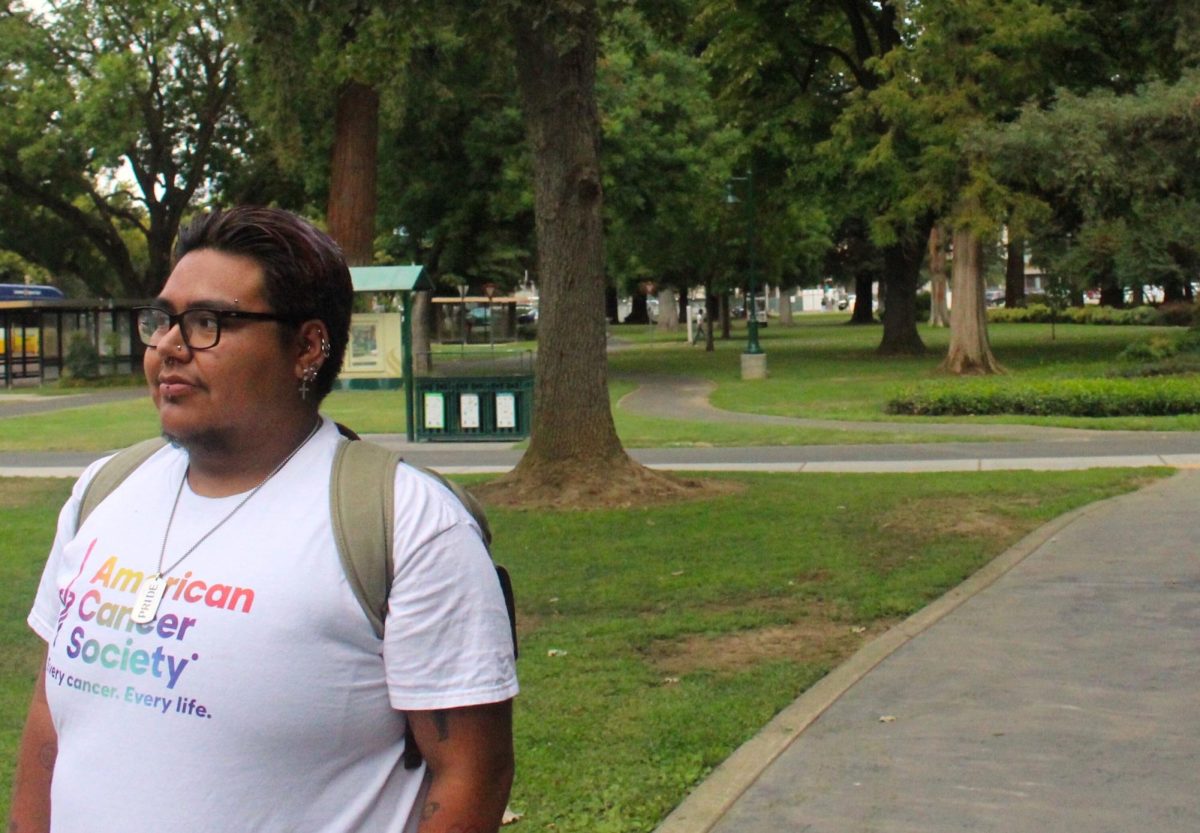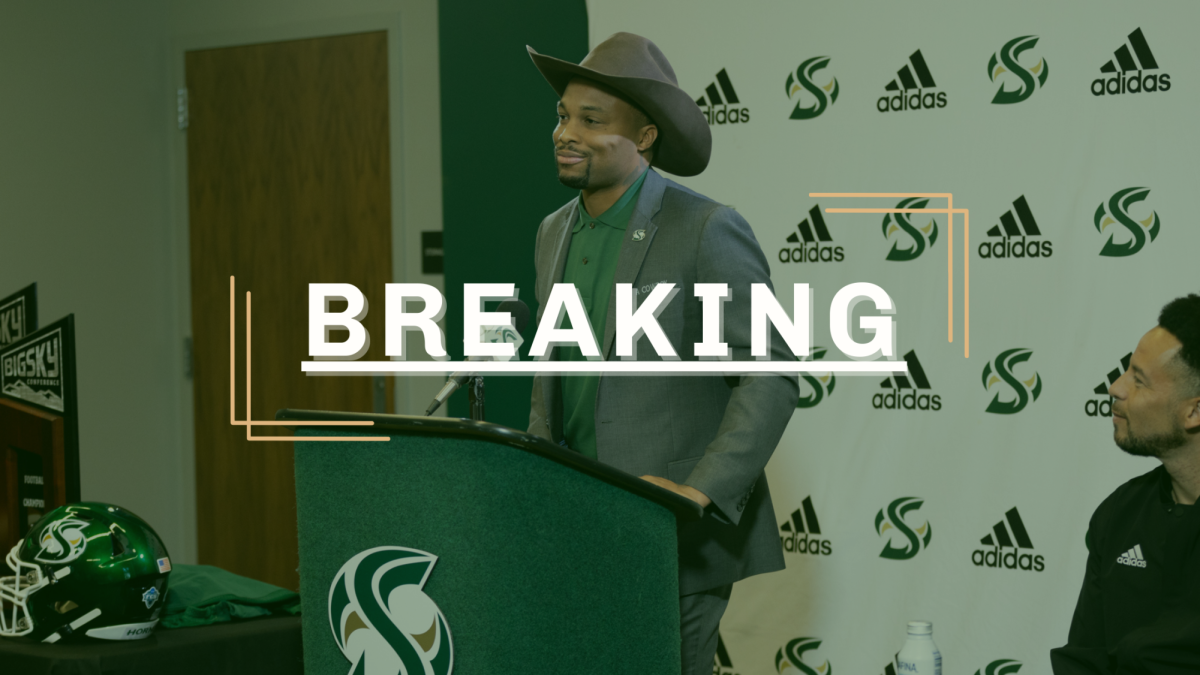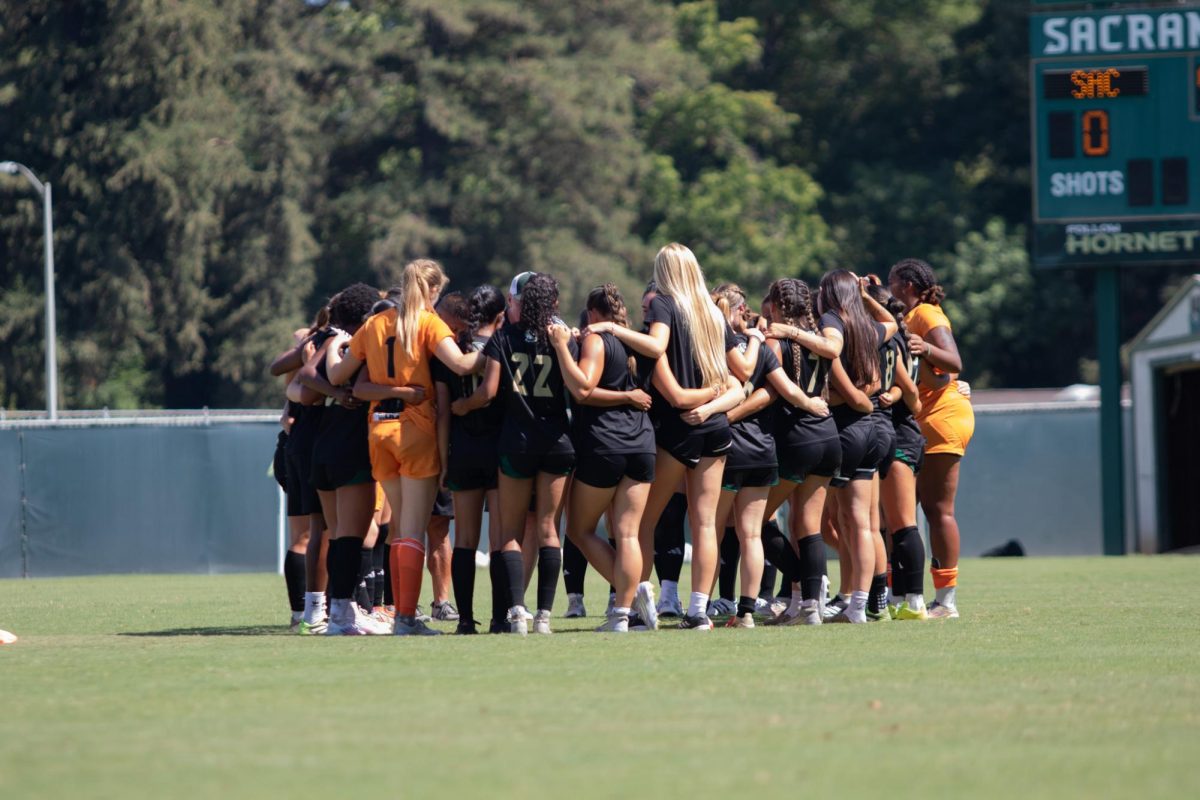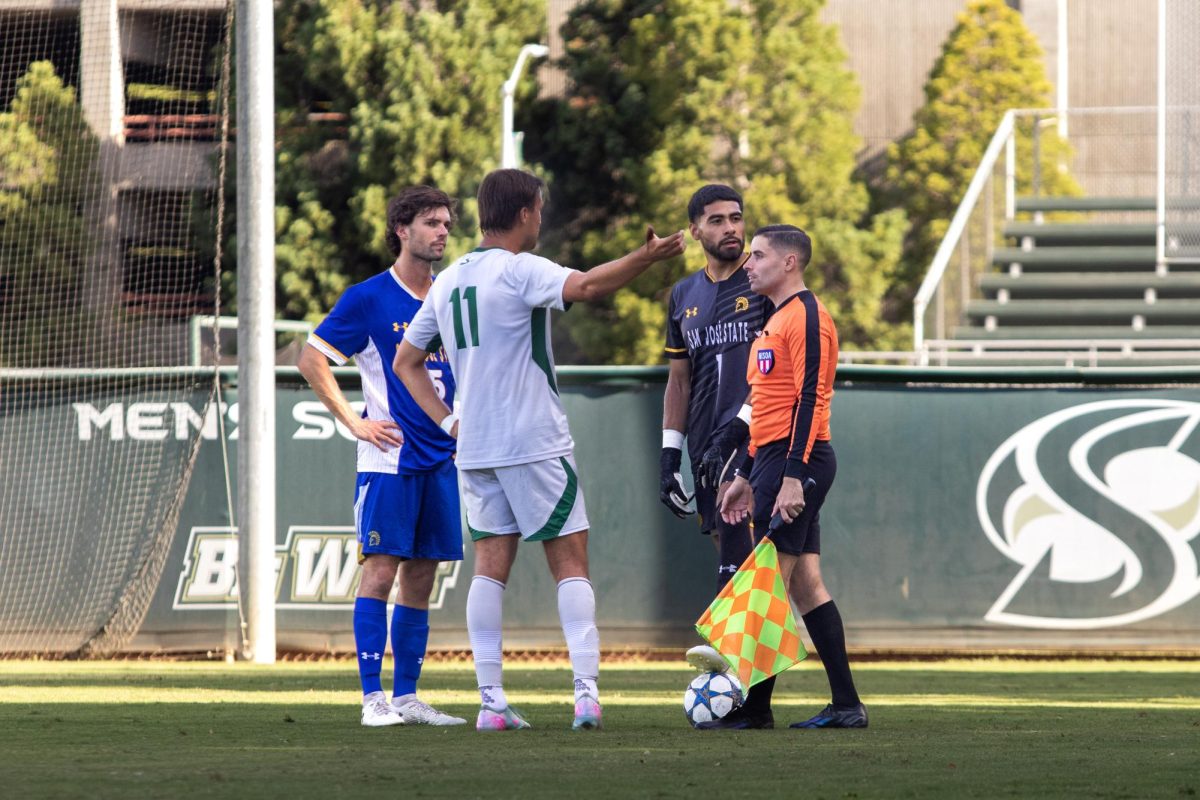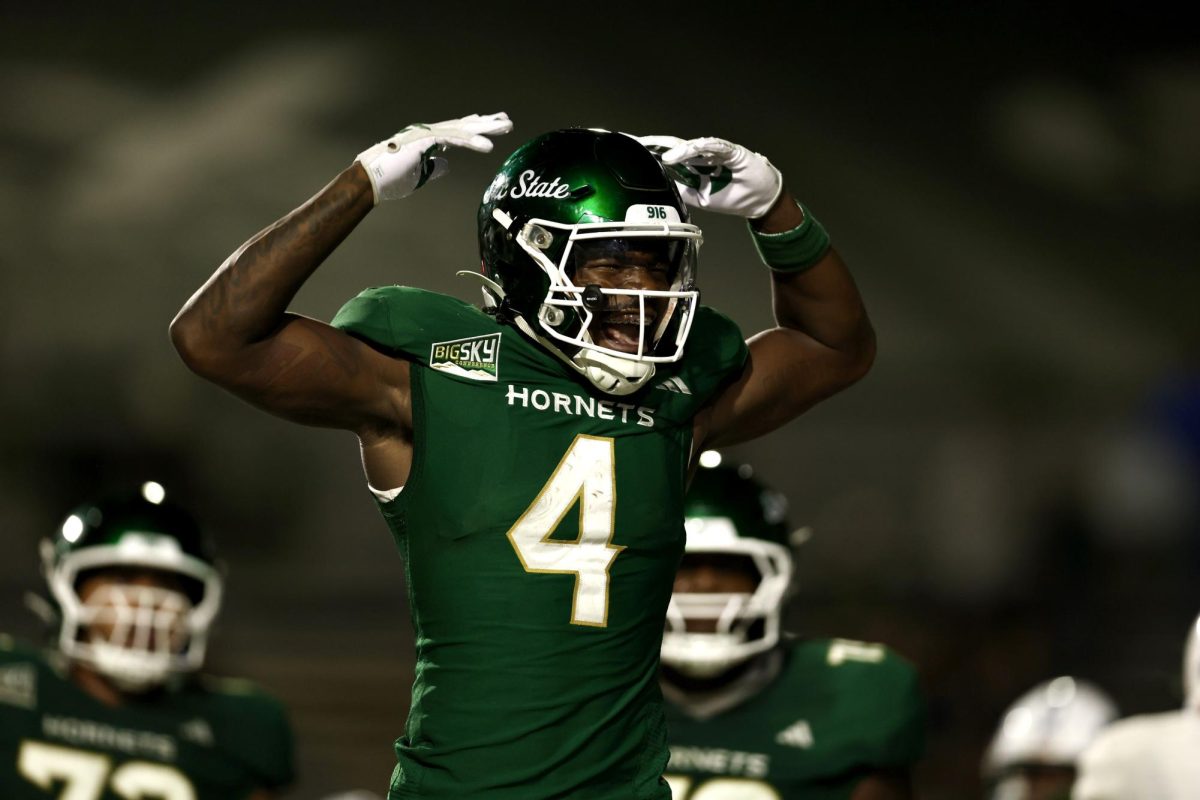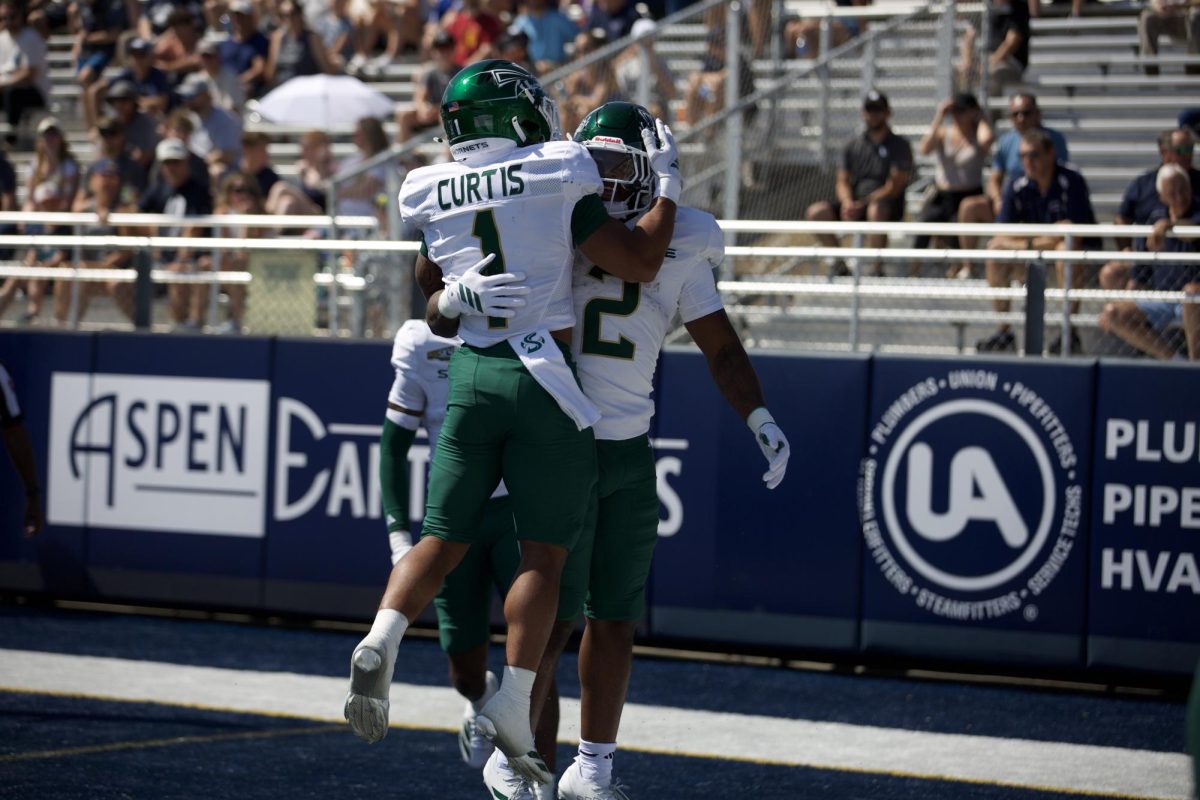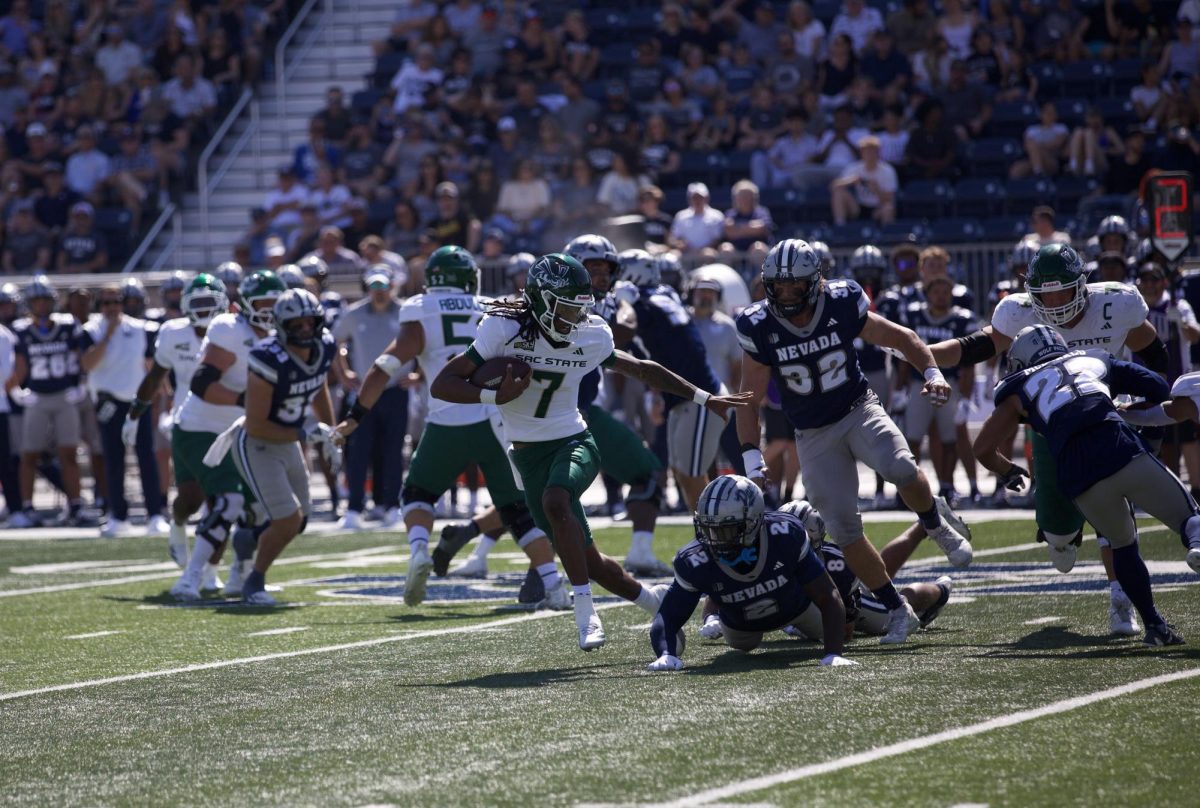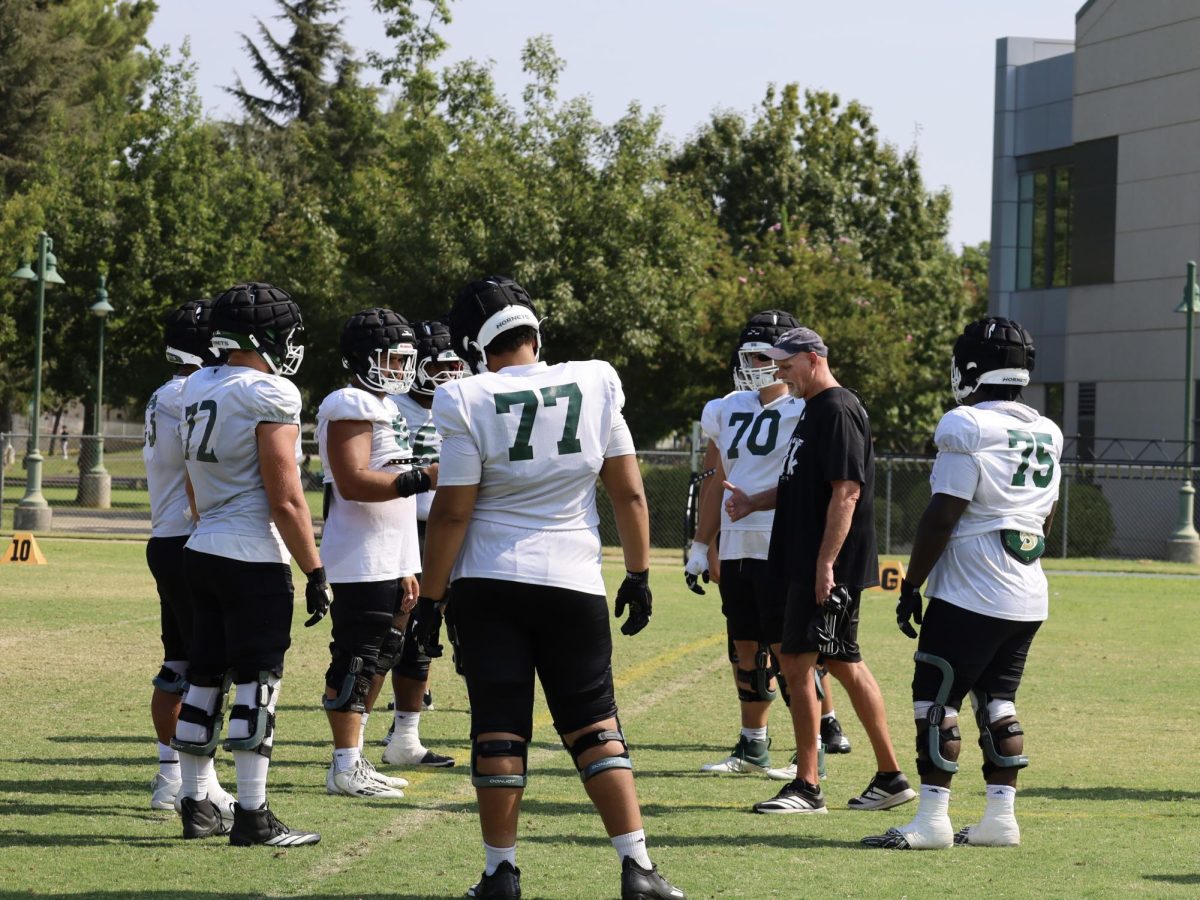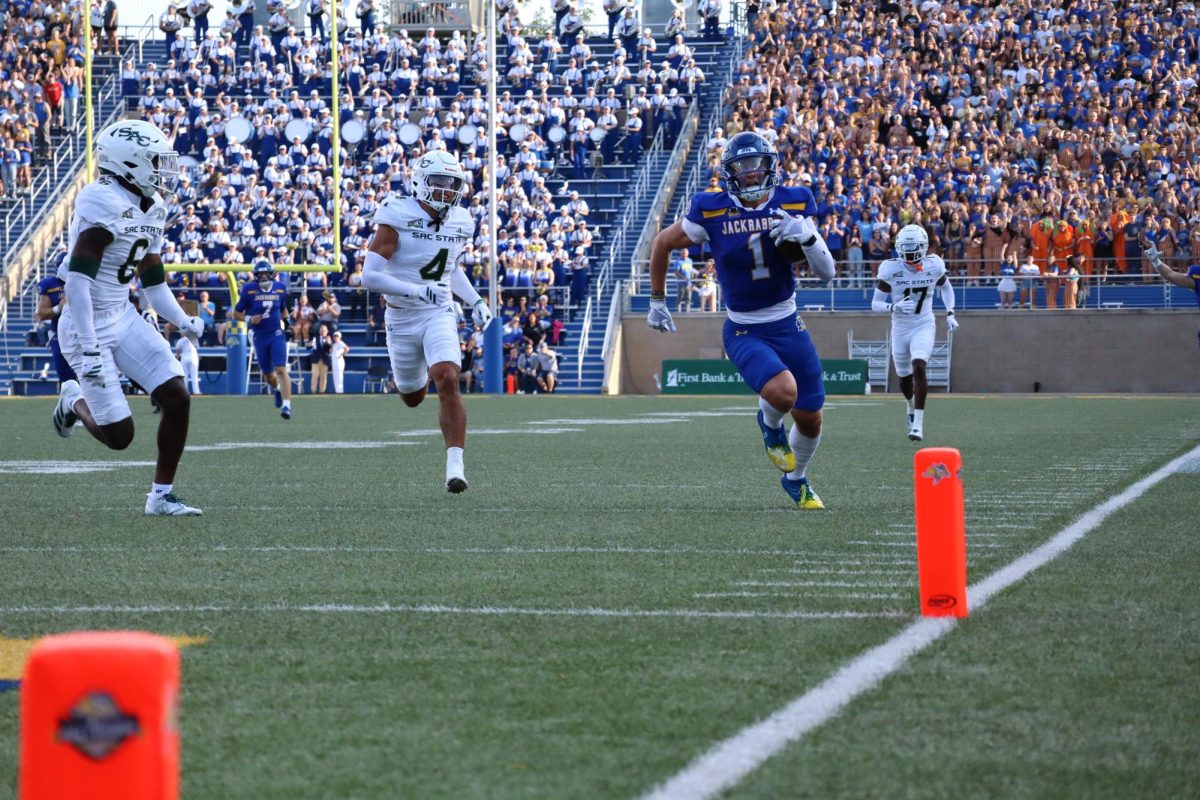Strong women in media are important
September 12, 2012
There aren’t many words to describe the awe viewers experienced when watching Katniss Everdeen in the 2012 film “The Hunger Games”. She shot an apple out of a roasted pig’s mouth dozens of feet away, dashed through fire engulfed woods with balls of flames aimed at her, and slept for hours on a tree branch hundreds of feet in the air while her killers watched from below with hungry eyes.
Besides simply awesome, all other descriptions fall short.
But when it comes to excellent examples of female characters in popular entertainment mediums such a television, books, video games, and films, Katniss is few and far between.
More positive examples of women in the media are needed because as a society we watch so much of it and whether we like it or not it influences us.
According to the 2011 documentary “Miss Representation” by Jennifer Siebel, women absorb 10 hours and 45 minutes of media a day.
The documentary analyzes the impact media messages have on female viewers. Since many images of women in the media today are less-than-positive, female viewers are impacted quite negatively.
“We constantly see these images around us,” junior nursing major Robin Fuller said. “We learn things and we are not aware [of it].”
Bella Swan, from the book series turned extremely popular movie franchise “Twilight”, lived a life that revolved around her at times difficult relationship with vampire beau Edward Cullen.
But when their relationship begins to hit the rocks in the 2010 film “The Twilight Saga: New Moon”, she becomes so stricken with sadness she secludes herself from everything she used to love, and life itself.
When she finally marries Edward in the 2011 film “The Twilight Saga: Breaking Dawn- Part 1” they enjoy a honeymoon together, but his mere touch bruises her because she’s a fragile mortal woman—and she pays no mind.
“[Bella] thinks it is okay to not remember her wedding night because it was so violent, thinks it is okay to have bruises from that night, and thinks stalking is sexy and a sign of love,” said Alyson Buckman, associate professor of humanities and religion.
But with “The Twilight Saga: Breaking Dawn- Part 2” being released on Nov. 16, there’s no sign of a reformed Bella, but viewers can hope.
“But Twilight doesn’t exist on its own,” Buckman said. “It’s part of our culture and its success suggests that it resonated with a large audience that was willing to pay to see this representation. This is a crux time for minority groups as we fight to maintain our voices.”
Likewise, women in HBO shows like True Blood are portrayed as either beautiful but passive and vulnerable, or intelligent and strong but mean and unlikable.
Main character Sookie Stackhouse is vulnerable and unable to protect herself, but she is so beautiful (and delicious) she makes intimidating vampires weak.
Until she discovered she had a few powers of her own, every time she was on the brink of death someone else came to save her; when she tries to save others she nearly gets herself killed.
Even Sookie herself has had it with her drama by the time season five rolls around.
Characters like Pam, who is a vampire, are independent, strong and deadly, but are unlikable because they’re portrayed as too mean. Pam is vocal about the idiocy she sees going on around her, including Sookie’s ability to nearly get everyone killed.
As far as killer vampires go, Pam is the most empowered character of all. She keeps her clothes on for nearly all the episodes and chooses her love interests wisely. We have not seen her broken up over love or almost die for it either.
But characters like Sookie constantly show her up.
“[In the media] women have to be passive, emotional and cooperative,” senior sociology major Ben Tryon said. “It’s so annoying seeing women have to be put in a box.” Because of many negative stereotypes within mediums like television, he tries to avoid it all altogether.
It’s easy to get lost in psychological and sociological theories as to how much the media we consume actually affects us.
But, when viewers have the opportunity to engage with examples of women who do not fall into overused and disempowering stereotypes, it shouldn’t be brushed off.
Some video game characters follow suit. Dr. Liara T’Soni of BioWare’s video game trilogy, “Mass Effect”, is portrayed as intelligent, capable of physically defending herself and is gifted in the sciences and is a respected archaeologist.
Every viewer has the right to enjoy their favorite movies, television shows, YouTube clips and everything in between. But as a community of media consumers, we need not only empower each other, but also empower the people who portray us on the big and small screens.
After all, everyone can remember that character as a kid that made us want to be as cool as they were. Let’s make it so that the ones we remember are actually worth remembering.
Vanessa can be reached at: [email protected]


